General description
PHAs are carbohydrate-binding proteins. There are several types of PHAs identified, predominantly in leguminous plants.
Phytohaemagglutinin (PHA, or phytohemagglutinin) is a lectin found in plants (esp. in legumes). It is obtained from Phaseolus vulgaris (red kidney beans) and acts as a mitogen in human leucocyte culture.
Application
It has also been used as an antigen to measure in vivo T-cell-mediated immune responsiveness.
Lectin from Phaseolus vulgaris (red kidney bean) has been used in phytohemagglutinin (PHA) assay and during assessment of cellular and humoral immunity.
Biochem/physiol Actions
PHA consists of two molecular species, an erythroagglutinin (PHA-E) which has low mitogenic activity and high erythroagglutinin activity, and leucoagglutinin (PHA-L) which has high mitogenic and leucoagglutinating activity, but very low erythroagglutinating activity.
PHA-E is not blood group specific, but agglutination can be inhibited by certain oligosaccharides. PHA-P is the protein form of PHA prior to separation and purification of erythroagglutinin and leucoagglutinin. PHA-M is the mucoprotein form. Conjugates are prepared from the corresponding purified lectins.
Analysis Note
Agglutination activity is expressed in mg/ml and is determined from serial dilutions of a 1 mg/ml solution. This activity is the lowest concentration to agglutinate a suspension of 2% human erythrocytes in phosphate buffered saline, pH 6.8, after 1 hr incubation at 25 °C. Mitogenic activity is determined by BrdU incorporation in HeLa cell cultures.
- UPC:
- 41181705
- Condition:
- New
- Availability:
- 3-5 Days
- Weight:
- 1.00 Ounces
- HazmatClass:
- No
- MPN:
- L8754-50MG












